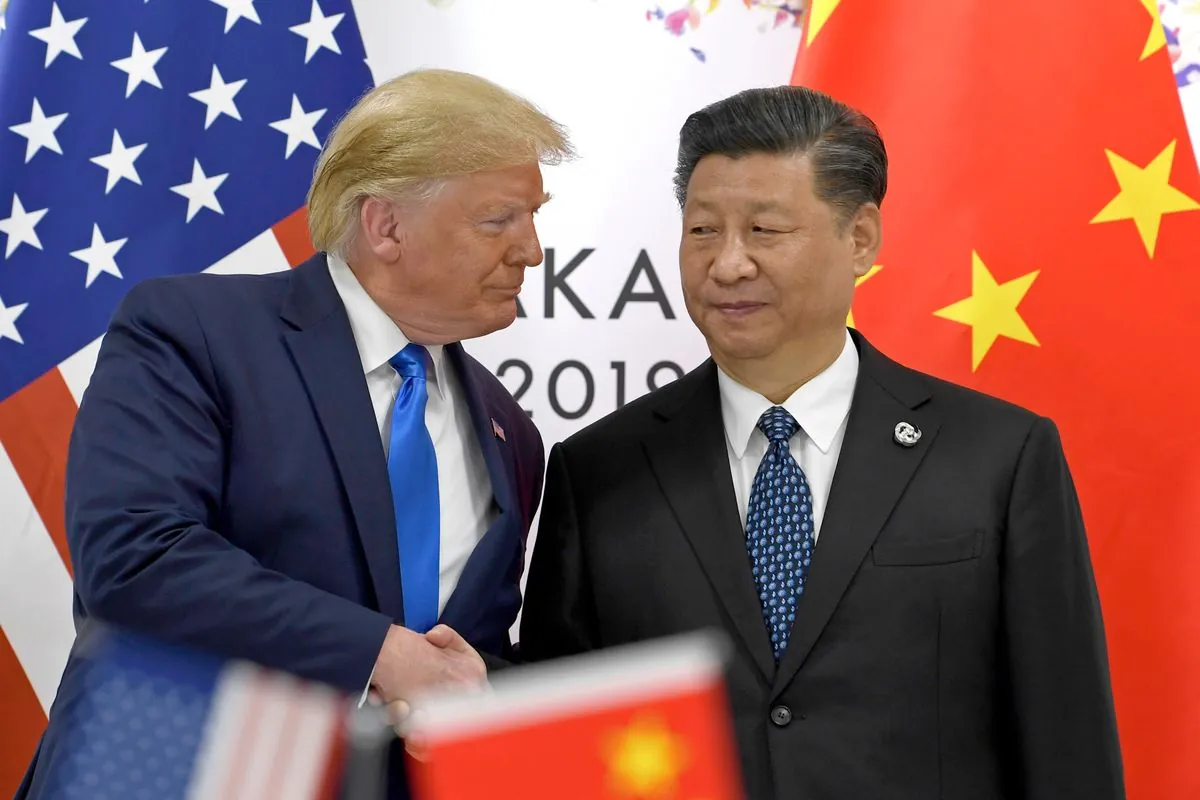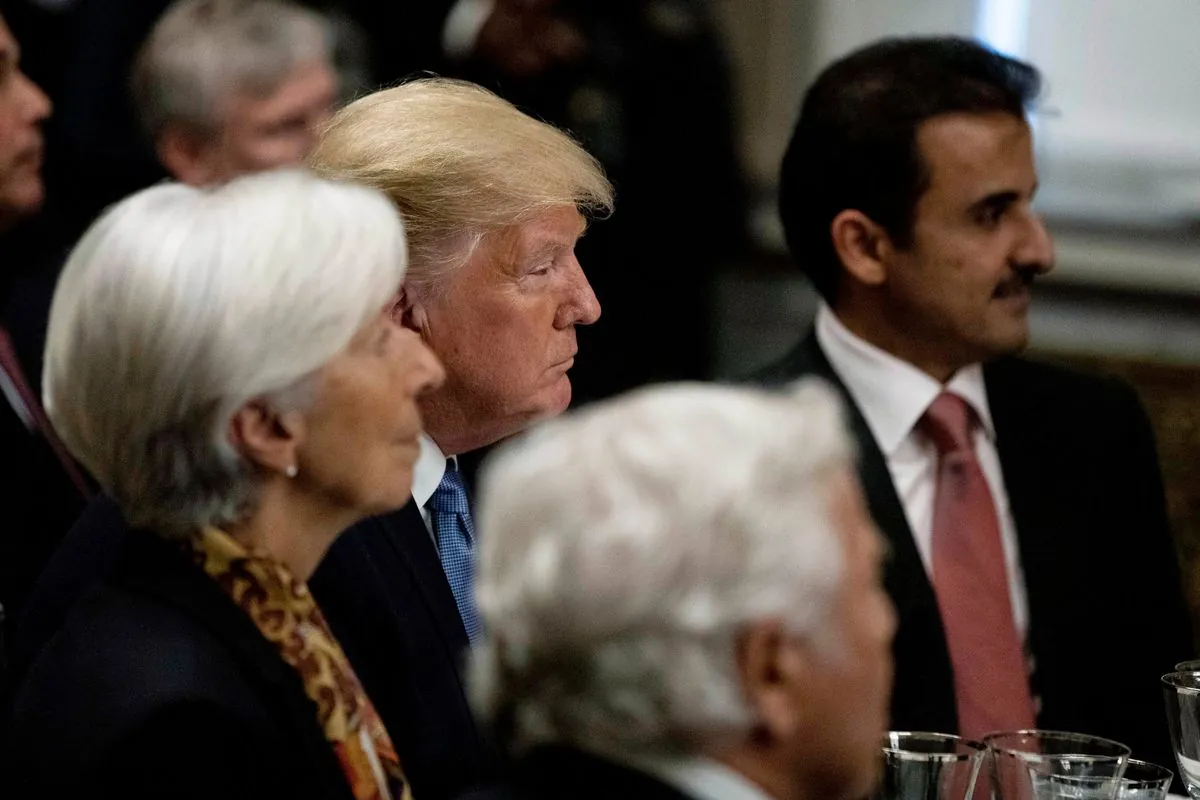Foreign Leaders Meet Trump Amid UN Assembly, Eyeing Potential 2024 Win
As the UN General Assembly convenes, foreign dignitaries are meeting with both current U.S. administration officials and former President Trump, anticipating a possible shift in power come November 2024.

As the United Nations General Assembly convenes in New York this week, a notable trend has emerged: foreign leaders are engaging in diplomatic discussions not only with current U.S. administration officials but also with former President Donald Trump. This dual approach reflects a strategic hedging of bets as the November 2024 U.S. presidential election looms on the horizon.
Donald Trump is slated to meet with Mohamed bin Zayed al-Nahyan, President of the United Arab Emirates, and British Prime Minister Keir Starmer this week, according to anonymous sources familiar with the arrangements. These meetings underscore the global recognition of Trump's potential return to the White House and his influence on international affairs.
On Sunday, Trump disclosed via social media that he had already met with Tamim bin Hamad Al Thani, the Emir of Qatar, at his Mar-a-Lago residence in Florida. Trump praised the Emir's commitment to peace in the Middle East and worldwide, highlighting Qatar's crucial role in mediating cease-fire talks between Israel and Hamas.

The diplomatic engagements extend beyond Trump's known allies. While Hungarian Prime Minister Viktor Orban visited Trump in July, the current meetings include a broader range of global leaders. This reflects an acknowledgment of Trump's potential influence on various international conflicts, including the ongoing war in Ukraine, the civil war in Sudan, and the tensions between Israel and Hezbollah.
Concurrently, these foreign dignitaries are maintaining relations with the current administration. Mohamed bin Zayed al-Nahyan met with President Joe Biden and Vice President Kamala Harris in Washington, while Keir Starmer had discussions with Biden at the White House earlier this month.
"We're stuck in that war unless I'm president."
Trump's recent comments about Ukrainian President Volodymyr Zelensky at a campaign rally in Georgia have raised eyebrows. He referred to Zelensky as "the greatest salesman on Earth" and expressed skepticism about Ukraine's ability to resist Russian advances, while also claiming he could end the conflict if elected.
While it's not unprecedented for presidential candidates to engage with foreign officials, as evidenced by similar meetings during the 2016 and 2008 campaigns, these interactions raise legal and ethical questions. The Logan Act of 1799 prohibits private citizens from interfering with U.S. diplomatic relationships, though its enforcement has been minimal throughout history.
Stephen I. Vladeck, a professor at Georgetown University Law Center, points out that while there are valid reasons for candidates to prepare for potential leadership roles and for foreign leaders to familiarize themselves with possible future U.S. presidents, the potential for abuse is concerning. The risk of backroom deals or promises that could undermine current foreign policy is a valid worry for many Americans.
As the UN General Assembly progresses and the U.S. election draws nearer, the international community continues to navigate the complex landscape of American politics, preparing for potential shifts in global dynamics.


































